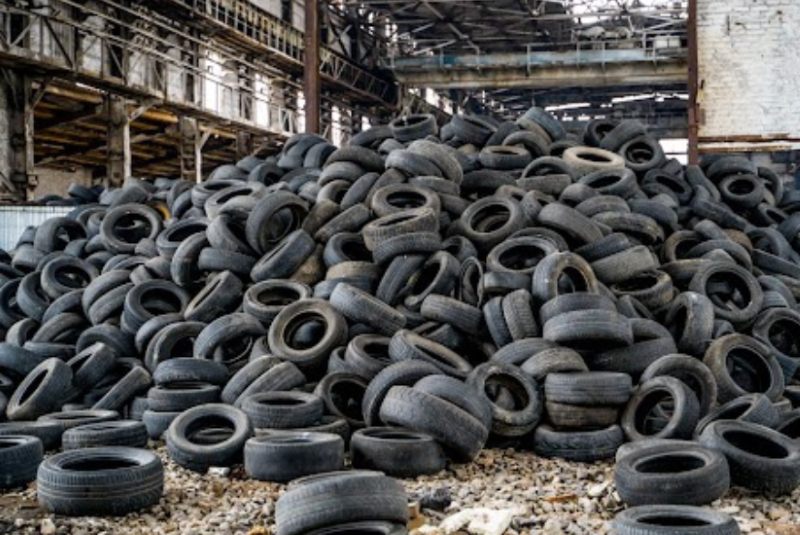New Delhi, July 21, 2025: In a focused move toward environmental accountability, the National Green Tribunal (NGT) has directed Apollo Tyres to ensure stricter compliance with India’s Plastic Waste Management (PWM) Rules, 2016 — particularly the Extended Producer Responsibility (EPR) provisions that apply to companies using plastic packaging materials.
The order, issued earlier this month by the NGT’s Southern Bench in Chennai, came in response to concerns over the disposal of HDPE carbon black bags used by the company. While Apollo Tyres maintained that it was following due processes, the tribunal emphasized the importance of adhering to CPCB’s guidelines and called for improvement in internal systems to ensure the proper collection, cleaning, and channelization of plastic waste to authorized recyclers.
The tribunal also directed the Central Pollution Control Board (CPCB) to monitor the implementation of its own guidelines and submit a status report within two months. The bench reiterated that EPR provisions are legally binding and non-compliance can amount to environmental negligence.
A Broader Push for EPR Enforcement
While this ruling specifically applies to Apollo Tyres, it reflects a broader trend of increased scrutiny on companies under the EPR framework. The PWM Rules mandate that Producers, Importers, and Brand Owners (PIBOs) are responsible for the collection and environmentally sound disposal of plastic waste generated from their products and packaging.
So far, sectors such as fast-moving consumer goods (FMCG) have taken visible steps to meet their EPR obligations, often through partnerships with authorized Producer Responsibility Organizations (PROs). However, industries like automotive, electronics, and pharmaceuticals have seen uneven implementation. The Apollo Tyres case highlights the need for all industries to revisit and strengthen their plastic waste management systems.
Implications for Industry
The NGT’s directive signals a shift from voluntary sustainability disclosures to hard legal accountability. Companies will now need to move beyond symbolic green pledges and establish verifiable, third-party audited mechanisms for plastic waste recovery.
For Apollo Tyres and others, this may involve:
- Partnering with CPCB-authorized PROs (Producer Responsibility Organizations)
- Investing in take-back and reverse logistics systems
- Transitioning to recyclable or biodegradable packaging materials
- Ensuring transparent reporting on the CPCB’s EPR portal
Failure to do so could lead to legal penalties, reputational damage, and even disruptions in business continuity, particularly as ESG scrutiny from investors and regulators intensifies.
Editorial Perspective: A Moment of Reckoning
At TheCSRUniverse, we view the NGT’s ruling as a defining moment for India’s corporate sustainability landscape. It bridges the gap between environmental law and corporate governance, reaffirming that environmental externalities can no longer be treated as cost-free.
The Apollo Tyres case also brings to light a broader reality: India’s plastic crisis cannot be addressed without full participation from the private sector. The judiciary has sent a clear message—greenwashing won’t cut it anymore. Robust, data-backed action is the only way forward.
As India advances toward its circular economy goals and global climate commitments, judicial interventions like this are not just necessary—they’re essential.




















.jpg)



